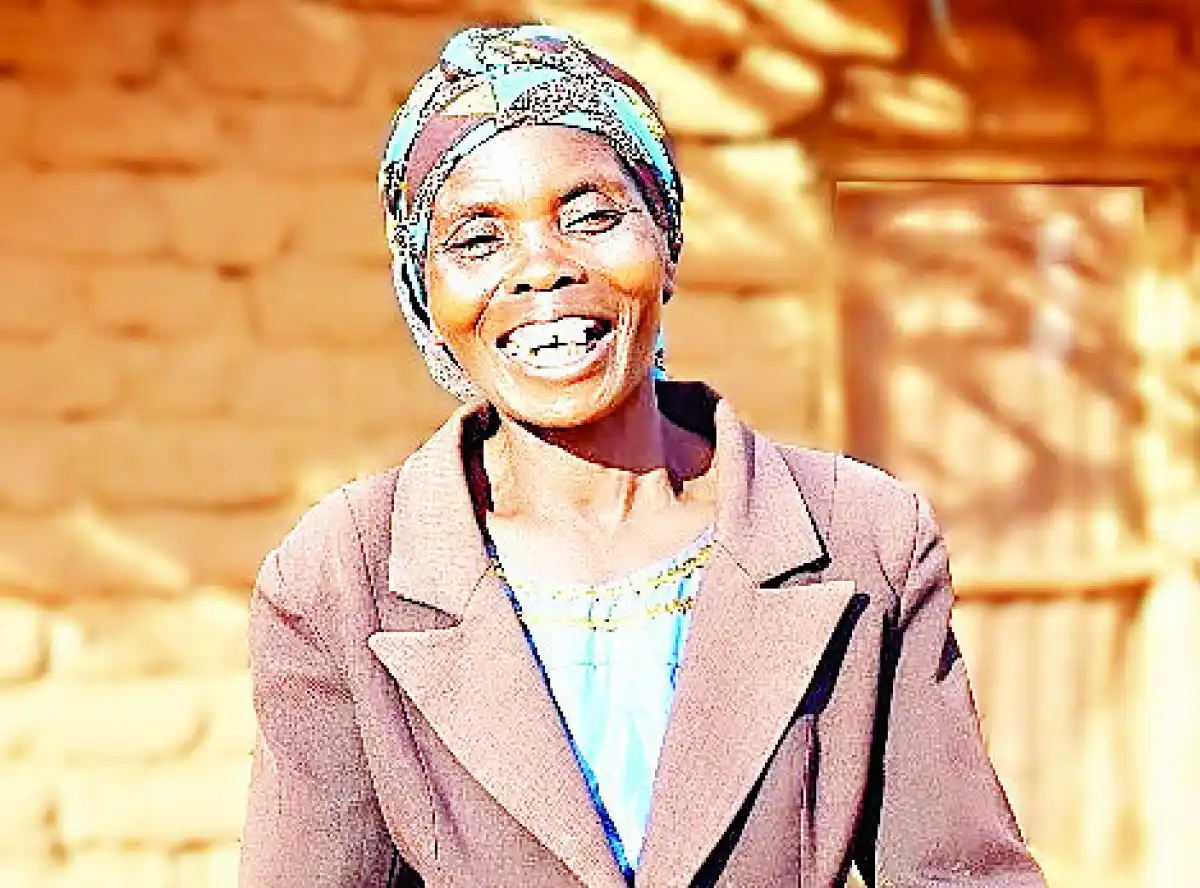
By Gladys Phiri, contributor:
In the rural landscapes of Chinthowa Village, in the Khungoni region of Malawi, smallholder farmers struggle to increase their living income.
By Malawi standards, Chinthowa is considered one of the poorer villages. But Liness Victor is changing this story.
Liness is more than just a farmer – she is the embodiment of the transformative power of knowledge, technology and women’s empowerment.
Her story shows how strategic support and digital innovation can revolutionise agricultural practices and community dynamics.
For years, she relied on seeds passed down through her family, a tradition that held both sentimental and practical value.
In 2020, just as she had done in previous seasons, she planted groundnuts, using recycled seed. However, these outdated methods left her groundnuts crop vulnerable to diseases like rosette and constant rotting. The yields were disappointing.
Enter Heifer International. When the organisation introduced Liness to certified seed varieties via the OpenHarvest digital platform, her farming trajectory dramatically shifted.
Previously constrained by outdated methods that yielded merely 350 kilogrammes of groundnuts from 1.6 acres, she now harvests 1,800 kilogrammes from 1.4 acres— a remarkable leap that symbolises both personal and collective progress.
OpenHarvest is an open-source digital platform built by Heifer International and IBM that uses AI and climate modelling to provide visual agricultural data and specialised recommendations to farmers in Malawi, thus helping them save time and increase profits.
For Liness, it went beyond profits. Her success transcends individual achievement. As an “information broker” within her community, Liness shares agricultural advice received through OpenHarvest, creating a ripple effect of knowledge and enablement.
Her participation has inspired other farmers, particularly women, to embrace modern agricultural practices and join cooperative initiatives.
The financial implications are profound. In the 2022 season, Liness earned $589, allowing her to purchase land, invest in household necessities and save for her family’s future. Her ultimate dreams, building a decent house and educating her children, are typical of the broader aspirations of women seeking economic independence.
Benjamin Nkhoma, a Heifer International project officer in Malawi, aptly captures the essence of this transformation: “Their commitment is truly inspiring,” he said.
With colleague Francisca Mabedi, Nkhoma supported Liness to access improved groundnut seed loans and other inputs through a financier — the Malawi Agriculture and Industrial Investment Corporation.








0 Comments